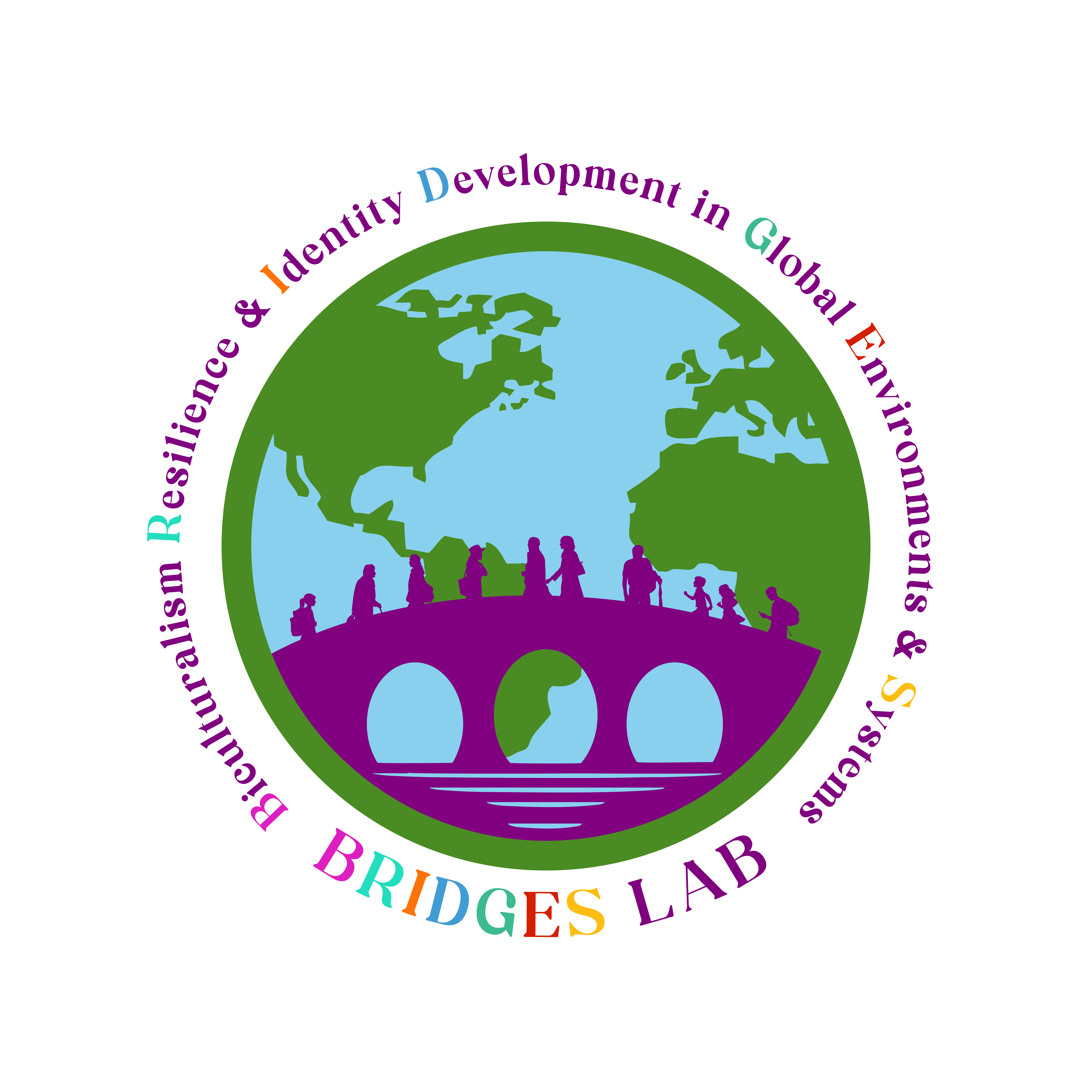Bicultural Identity and Competence Development (BICD)

The overall goal of the BICD project is to develop and advance scientific knowledge of (1) the mechanisms by which minoritized adolescents develop bicultural identities and competencies and (2) their links to psychosocial adjustment. Preliminary study findings underscore the importance of supporting and providing minoritized adolescents with opportunities to explore and gain clarity about who they are in relation to their ethnic-racial memberships (i.e., ethnic-racial identity) and their memberships within the broader society (i.e., national identity).
The first phase of the BICD project involved assessing ethno-racially diverse adolescents who varied on their process of bicultural identity formation. The sample (N = 415; 10th and 11th-grade students) captured the variability in the degree and form in which minoritized youth internalize ethnic-racial and national cultural systems, and in the extent to which they develop strategies and competencies to successfully respond to cues and demands from each of the two cultures. For instance, it captured youth who blended these identities and those who kept them separate, and youth who demonstrated difficulty versus facility switching between practices across these cultures. A subsample of these youth participated in focus groups (n = 28). Qualitative findings revealed that what youth find helpful in resolving conflicts between their ethnic-racial and national identities is consistent with the activities and lessons of the Identity Project (IP), an evidence-based school curriculum.
The second phase of this project involved short-term longitudinal surveys and momentary assessments in an ethno-racially diverse 9th-grade student sample (N = 180). Preliminary evidence suggests that the IP curriculum may support minoritized adolescents to clarify and synthesize their ethnic-racial and national identities. Particularly, those youth who engaged in greater exploration efforts to learn more about what their ethnic-racial and national identities meant to them demonstrated lower conflict between these two identities and that, in turn, was associated with better psychosocial adjustment. These findings suggest that the IP curriculum, may serve as a mechanism to support bicultural identity development among youth from immigrant and ethno-racially diverse backgrounds, who are developing in stratified, multicultural societies like the U.S.
Investigative Team:
M. Dalal Safa (PI; The University of North Carolina at Chapel Hill)
Adriana Umaña-Taylor (Co-PI; Harvard University)
Funding Sources:
Society for Research in Child Development via Early Career Scholar Research Award
